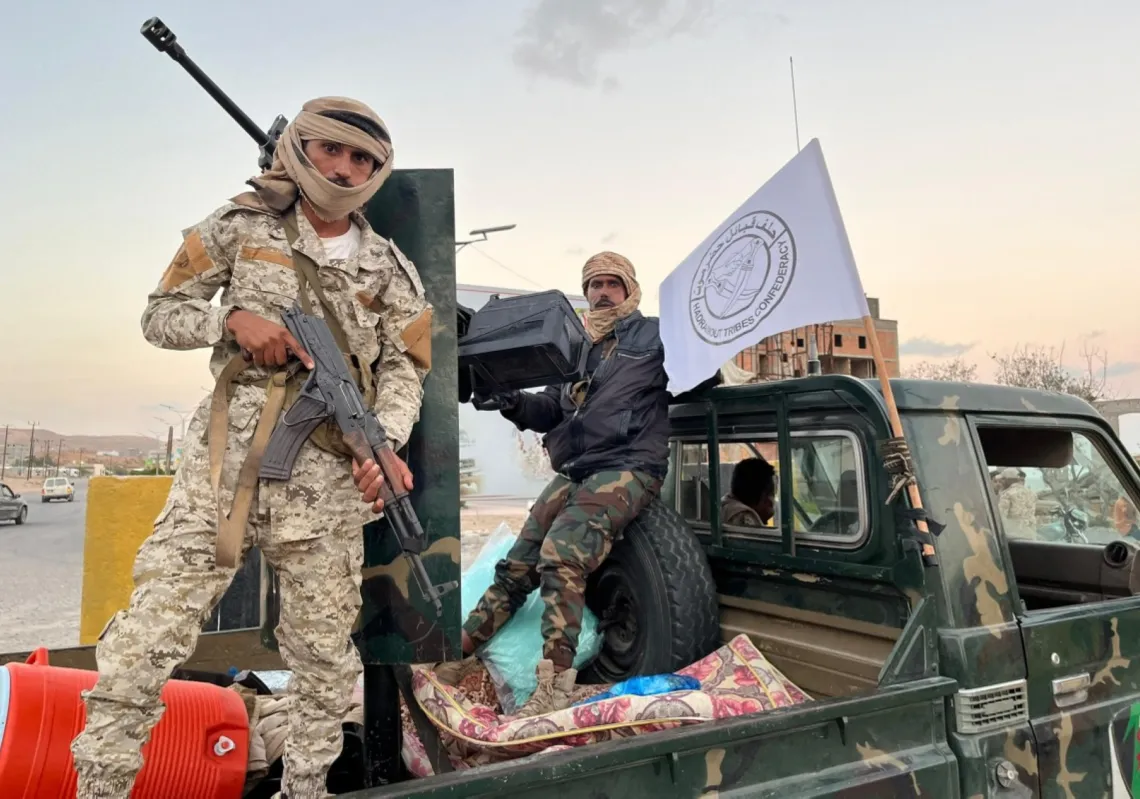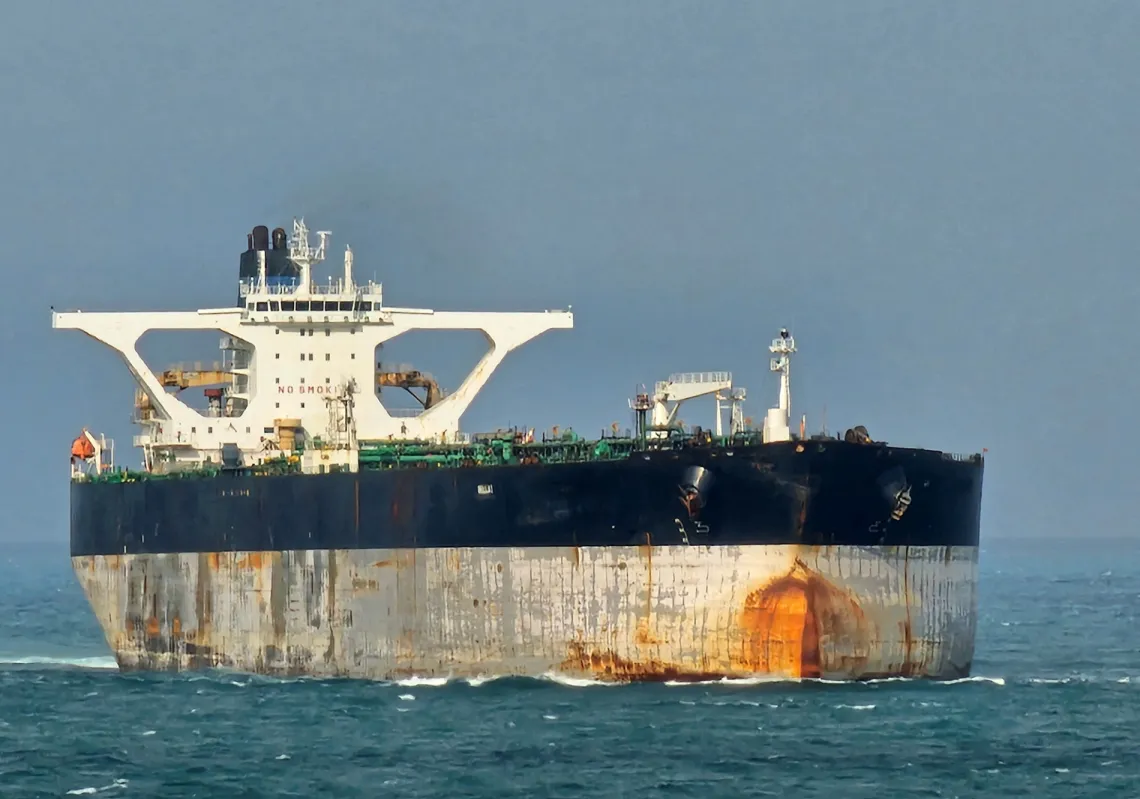By Alistair Crooke
Crooke attributes the themes of this struggle back to 500 years. Yet it has come to the front by the trauma of social engineering, ethnic cleansing, political disruption, repression and massacres that were the direct consequence of the western experiment in exporting to Muslim societies its vision of economics, and an open market life detached from social and political commitment. The enforced westernisation and secularisation of Turkey and the brutality of its nation-building have reflected the worst reverberations of the secular modernism.
Islamist resistance is a conceptualization of a vitriolic rejecting force that runs deep inside Islamic societies, especially after falling under heavy pressure of western powers, vying for making radical changes to their conventional society’s norms. Conversely, it is an endeavour to redraw the political and cultural map. These movements are also instruments for political mobilization promoted by Islamist societies, pitched against the life-choice marking the individualistic western approach.
The writer argues that Western misreading of the events fuels this deep-seated anger. For the West, Islam is seen as “struggle over power and sovereignty”. Crooke pinpoints that the scene is different, instead he says Islam “is a distinctive view of human behaviour that posit an alternative method of thinking about the human being: his and her place in the natural order, his and her conduct towards others, his and her place in society, the ordering of his and her material needs, and the management of politics”.
The West went on his misunderstanding by trying to formulate a gloss answer to different Islamists groups. It does not distinguish between movements, such as Hamas and Hezbollah, which work within a domestic framework from the global philosophy braced by Al-Qaeda network groups. Crooke argues that the failure of the West to make this distinction empowers the most extreme movements to dominate at the expense of the mild mainstream.
For him, armed resistance by Islamic movements is a culmination of the divergence between Islam and the West. The confrontation is an inherent response for attacked societies against occupying forces trying to impose its will and culture. The scene between the two can be compared and contrasted with similar situations across the globe and throughout history of a society that, when attacked, faces off the occupying forces.
The author believes the Islamist revolution is still in its early days and it will pass through stages of fluidity, tension and change. Its success or failure will depend on “the basis of their ability to offer a clear alternative social and economic vision from the Western model for the distressed and poor in their societies”.
The book is one of the most useful and illustrative books that elicits a vehement western desire to understand the armed Islamist resistance. It provides a realistic assessment about the most debated global phenomena since the world started to search for the causes of the 9/11 bombings in the U.S and subsequent operations. Their repercussions necessitate a new understanding for the predicaments of the Middle East.
In summary, this book, of around 280 pages, is an attempt to sum up the East-West encounters which also pays attention to the growing chasm between the two. It also outlines spectrum of the Islamic revolution and its various movements and incarnations. It sheds light on the framework of armed organisations like Hamas and Hezbollah.
Crooke is a thoughtful, former agent of Britain’s foreign-intelligence, who has made use of his former career in the M16 department to explain to the west the violent movements of the Middle East, such as Hamas in Palestine and Hezbollah in Lebanon. He has also worked in Palestine and as an advisor for Xavier Solana, the European envoy. He runs Beirut-based “Conflict Forum” to engage and listen to Islamists, while debating western misconceptions.








